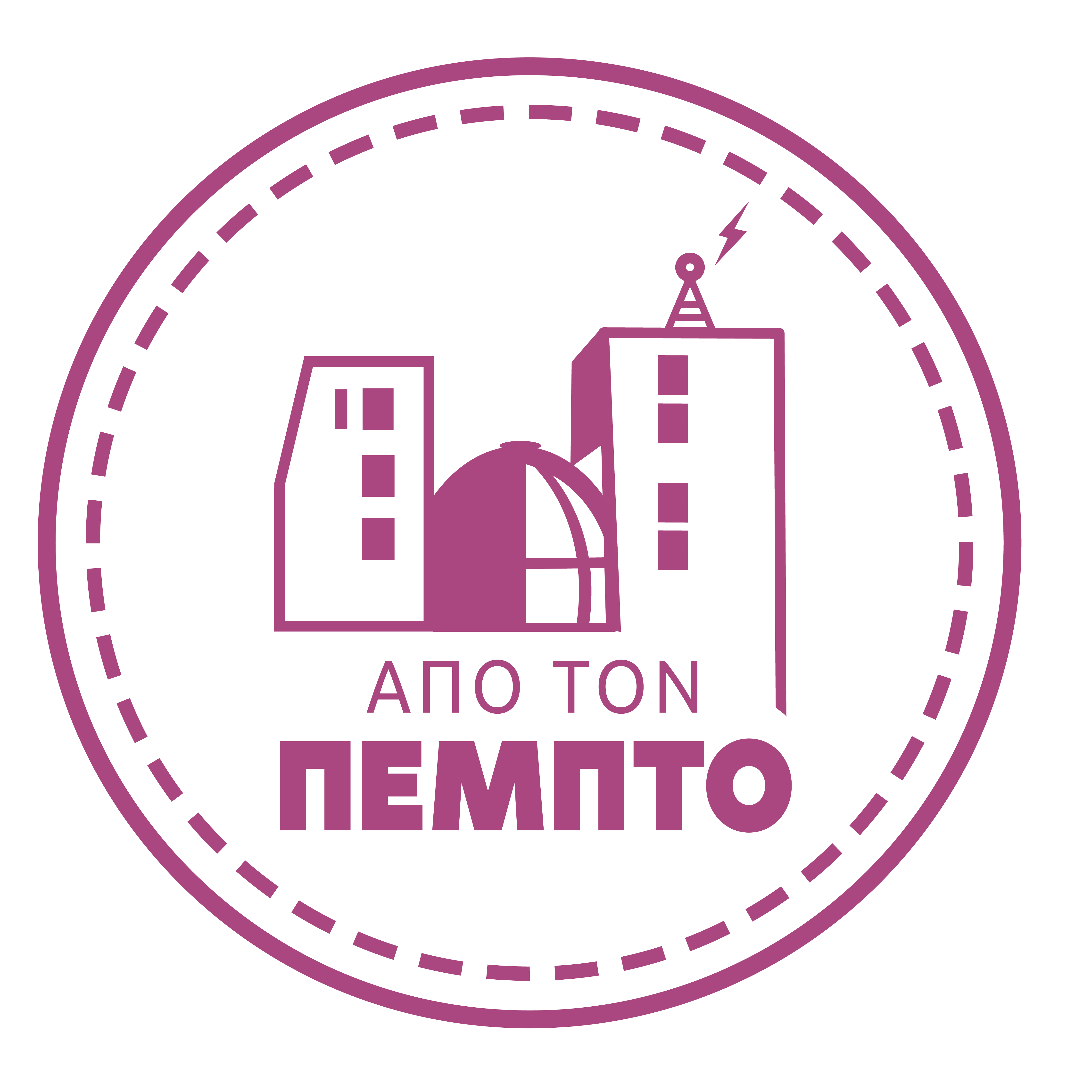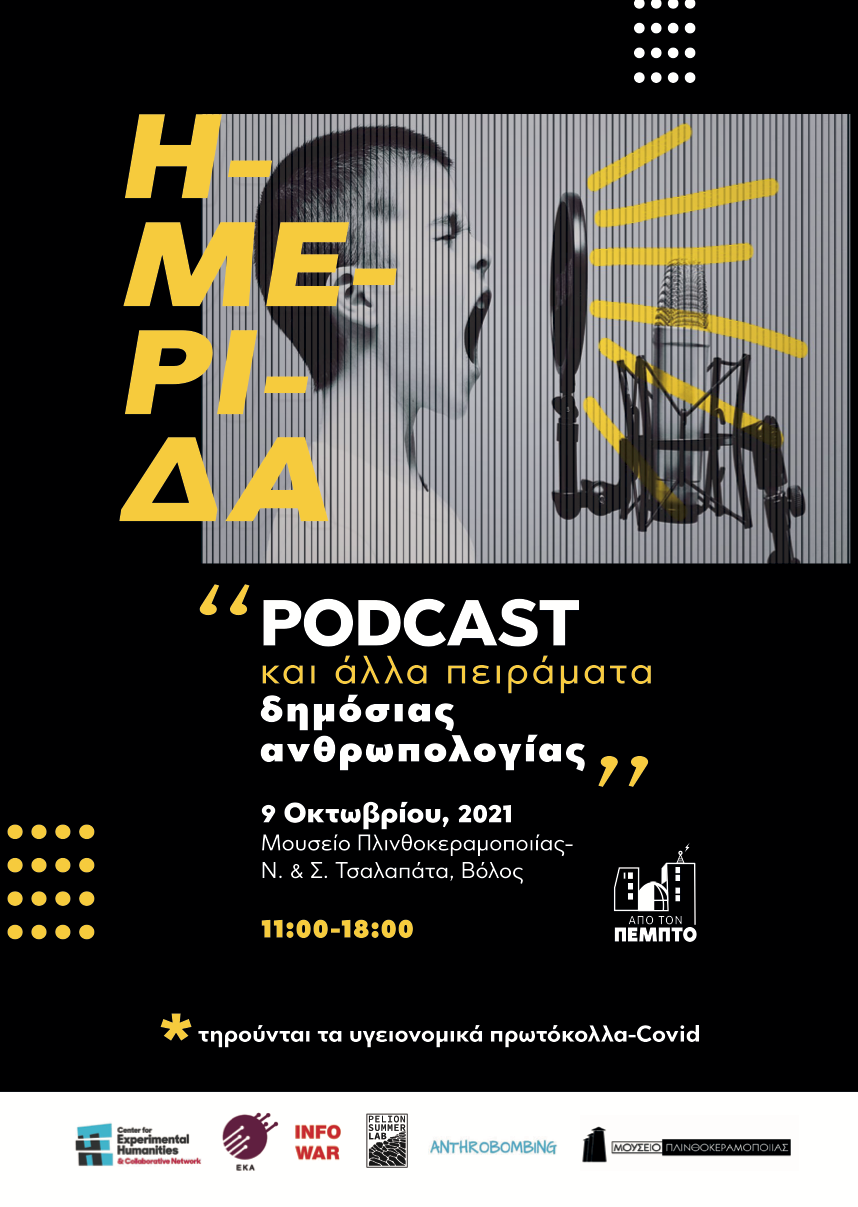Welcome to The Experimental Humanities Collaborative Network
Anthropology of Death
This course addressed a classic subject of anthropological research: Death. For anthropologists, rather than the ultimate “biological fact,” death is viewed as an ambiguous ending, at the center of complex social relations, multifarious cultural practices and ideologies, as well as critical political interventions. This class presented the interdisciplinary turn the study of the politics of death and mourning, with emphasis on the body, technology, materiality and the image, drawing on research and theory in Death Studies, posthumanism, feminist new materialism, political philosophy, new media studies and animal studies.
The course focused on how the dead body historically has constituted a field of knowledge, power and value in various sciences and arts of the “human,” such as archaeology, anthropology, criminology, medicine/anatomy, photography, which treat the corpse as “evidence.” It focused on the death of the (class, gender, racial, ethnic) Other in the context of biopolitical and necropolitical governmentality (colonial/neo-colonial regimes, refugee death, black necropolitics, queer necropolitics, animal death). Special emphasis was given to cultural traditions related to the “return” of the “living dead” (ghosts, zombies, vampires) and how, in turn, they speak to critiques of capitalism and colonialism. The last part of the class examined theoretical approaches that began from a deep critique of anthropocentrism in order to analyze the threat of human extinction in the context of climate change and epidemics.
Theoretical readings were supplemented with a plethora of ethnographic and historical case studies and diverse texts (literature, film, television series, music, pop culture).
Associate Professor Penelope Papailias, University of Thessaly



